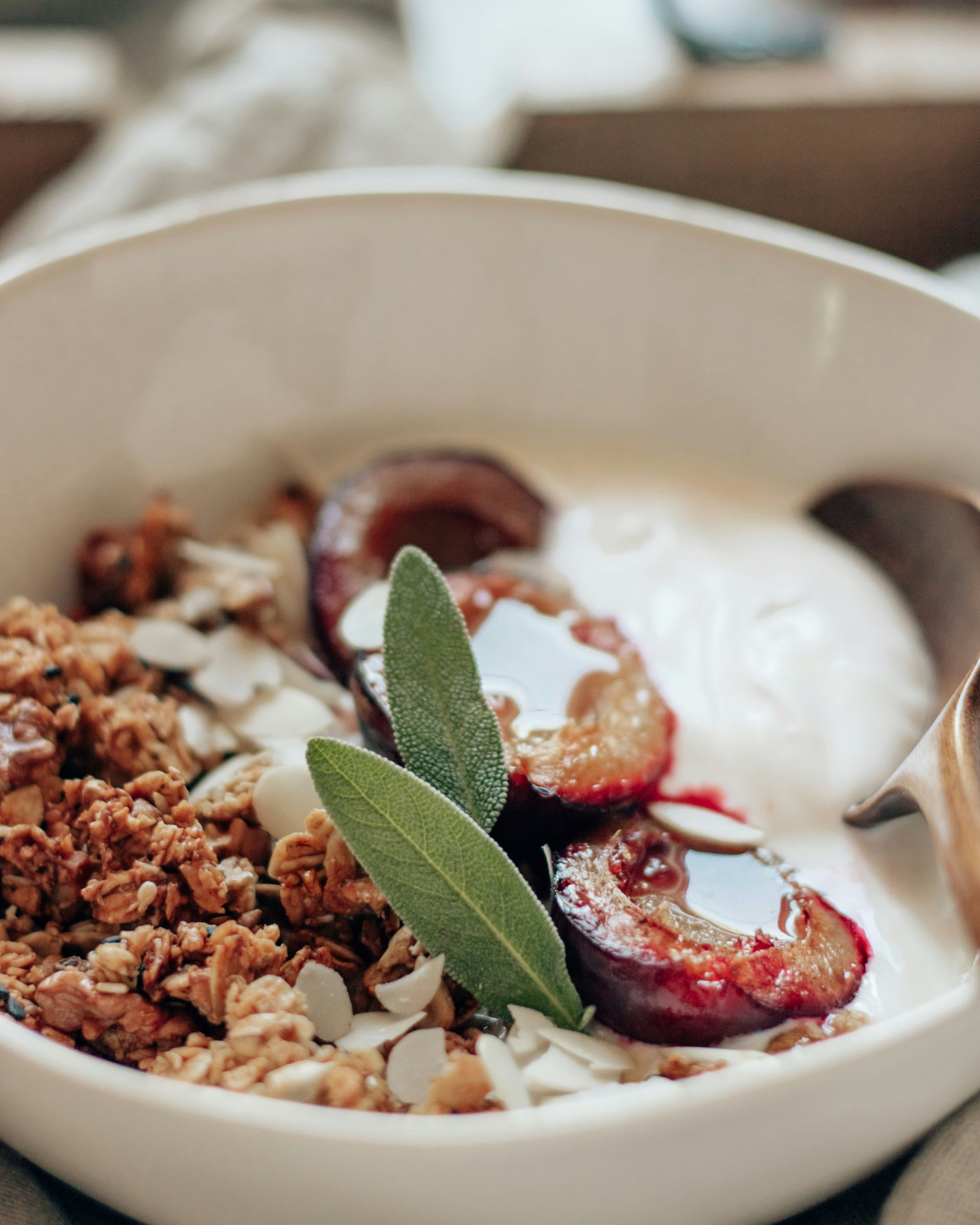
Unlocking Your Fitness Potential: The Impact of Procrastination on Health and Fitness Goals
Explore the detrimental effects of procrastination on personal training goals and discover actionable strategies to overcome this habit. Learn how consistency and accountability can propel you towards achieving your fitness aspirations.
Procrastination acts as a silent saboteur, gradually eroding the momentum needed to achieve optimal fitness results. Whether it's delaying a workout session or making unhealthy dietary choices, the impact of procrastination extends far beyond the immediate moment, affecting long-term progress.

What Is a Mantra?
A mantra is a positive affirmation that you repeat to yourself. It serves as a mental anchor, guiding your thoughts and actions. When it comes to health and fitness, mantras can be game-changers. They help shift your mindset, boost motivation, and keep you on track.
The Coach Within
Imagine having a personal coach by your side 24/7. Well, guess what? You already do! It’s your inner voice—the one that whispers encouragement or doubt. By consciously choosing empowering mantras, you can turn that inner voice into a supportive coach.

The Mantras
“I Cannot Change Yesterday, but I Can Change Today.”
- This mantra reminds us that dwelling on past mistakes won’t serve us. Instead, focus on the present moment. Whether it’s making healthier food choices or hitting the gym, today is where change happens.
“What Can I Do That Adds to My Life?”
- Shift your perspective from restriction to abundance. Rather than fixating on what you shouldn’t eat or do, ask yourself what positive actions you can take. Personal training becomes an opportunity to enhance your life, not a chore.
“I Am My Only Obstacle.”
- Acknowledge that you hold the key to your progress. Your abilities surpass any self-doubt. Whether it’s lifting weights, running, or practicing yoga, remember: you are your greatest ally.
As coaches, we understand the importance of consistency. Here are three non-negotiables that your inner personal trainer or coach should give you:
Training: Prioritize movement. Whether it’s a brisk walk, a HIIT session, or weightlifting, commit to regular exercise. Nutrition: Fuel your body with intention. Choose whole foods, hydrate, and listen to your hunger cues. Sleep: Rest is your secret weapon. Optimize your sleep quality—it’s when your body repairs and rejuvenates.

Start Today!
Ready to transform your fitness journey? Take the first step towards achieving your goals with personal training!
My take on Health and Fitness



